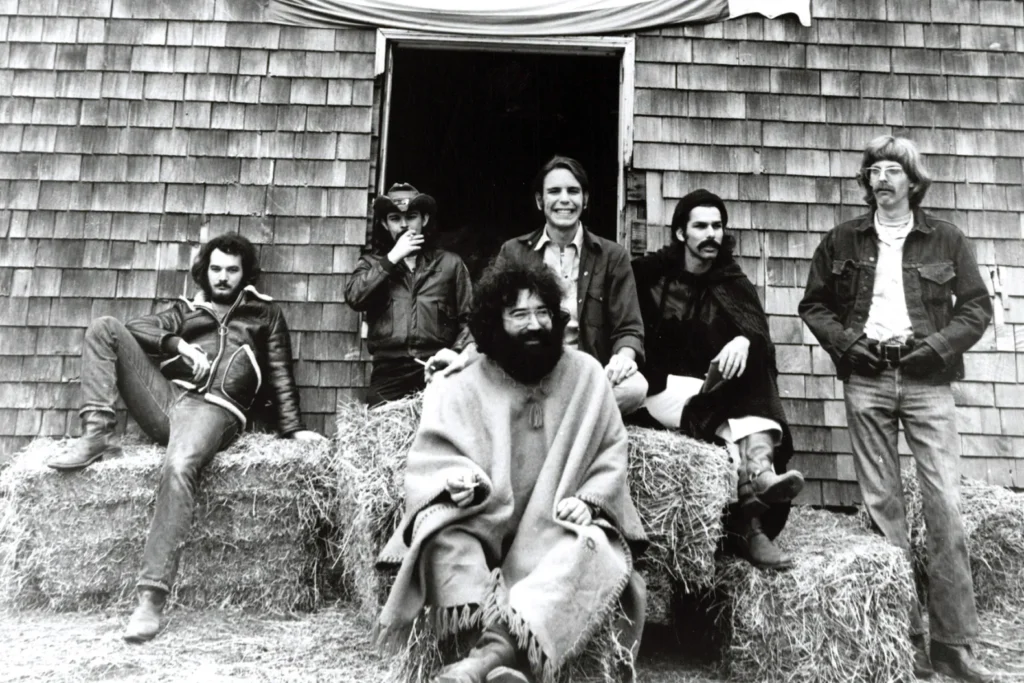In the run up to Thanksgiving, the retail group that includes Marshalls, TJ Maxx and Homegoods ran a television ad celebrating themselves for closing for the holiday.
“The only thing you should have to wrestle for is the last piece of pumpkin pie, and the only place we camped out was in front of a fire instead of the parking lot of a store…we’re closed on Thanksgiving because family time comes first…Let’s put more value on what really matters. This season, bring back the holidays with TJ Maxx, Marshalls and Home Goods.”
Heartwarming thoughts. A woman’s voice, dripping with loving kindness, caring and sincerity, speaks over images of families enjoying Thanksgiving preparation, the feast itself and the cozy aftermath.
It would be beautiful if it weren’t so disturbing.
In 1993, Daniel Patrick Moynihan published an essay in The American Spectator called “Defining Deviancy Down: How We’ve Become Accustomed to Alarming Levels of Crime and Destructive Behavior.” His point was that with the sharp increase in violence at the time, “bad” had become the norm and only extraordinarily deviant behavior fell outside the mainstream or had the ability to still shock.
Marshalls seems to be defining retail deviancy downward with this spot. Here we have a retailer celebrating what used to be considered normal and decent. That is, sacrificing a day of sales so that their employees can celebrate what is arguably the most important secular American holiday with their families.
The sheer insanity of Black Friday weekend showed signs of retreat this year. According to MarketWatch, sales on Thanksgiving day decreased 12.5% from last year and sales on Black Friday were down about 12%.
It would be nice to credit “enlightened” retailers like Marshalls and the return of sanity and decency to the American public, but this is no triumph of human values over greed.
It is true that there has been a backlash against retailers opening on Thanksgiving who force employees to abandon their own family celebrations in order stock the shelves, man the aisles and check customers out. However, the decision not to open for Thanksgiving is more economic based than anything else.
From the retailer’s perspective, there is evidence that the investment of opening on Thanksgiving does not pay off. Indeed, the blog thinkprogress.org reported: “Retailers That Forced Employees To Work Thanksgiving Experienced Disappointing Sales.”
More important, from the consumer point of view, it’s not as people woke up and said, “Enough! This precious time off is better spent with family. We’d rather count our blessings than our savings. We’re not getting up in the middle of a cold November night to line up at a chain store for a “doorbuster” deal. Our shopping will get done and we’ll do our best to get good prices on everything.”
Rather, consumers have learned that Black Friday deals just aren’t that special anymore. Retailers now promote early and often, from they day after Halloween (or earlier) right through New Year’s. In addition, more retailers made their “doorbuster” deals available on the Internet, accounting, in part, for big growth in online shopping this season. The availability of these deals, along with the convenience offered by shopping from the comfort of home, contributed to the fact, as reported by the National Retail Federation, that more people shopped online than in stores during the Thanksgiving and Black Friday weekend.
It is important to note that there is no communist plot here. While Thanksgiving and Black Friday sales may have disappointed, there is no sign that this bodes disaster for the economy or holiday spending overall. Sales this season are still expected to grow 2.4%.
So while it disappoints me that dysfunctional shopping behavior isn’t on the wane due to what I would consider the “right” reasons, i.e., a triumph of family values over commercialism and common sense over insanity, at least we have taken a step toward a more civil, and hopefully thoughtful, shopping dynamic.
As much as it disturbed me, it’s hard to blame Marshalls for running their “closed on Thanksgiving” spot. At first I wondered why this issue should merit a TV spot. It’s kind of like a restaurant putting out an ad saying “we don’t spit in your food” (although a hilarious SNL skit did this many years ago). To me, Marshalls’ effort doesn’t come close to “enlightened.”
Still, with Thanksgiving Day shopping becoming a hot button issue for some, I suppose we should credit Marshalls, generally a hard-sell retail advertiser, for spending a good chunk of media dollars on a values issue to spread a positive message to their suppliers, employees, shareholders and customers.
While I would personally prefer for values to influence economics, perhaps we can look forward to the economics of holiday shopping eventually having a positive effect on values.




